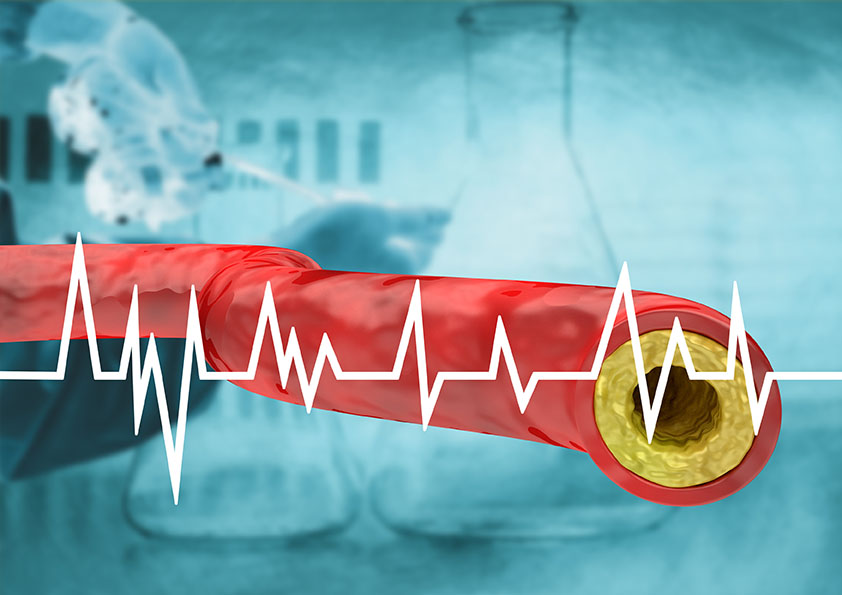Posted By:
 Steve Parcell
Steve ParcellCategory:
Preventive Cardio
Stephen W. Parcell, ND ABAAHP For decades, we’ve waged war on heart disease, primarily focusing on cholesterol. While statins have been revolutionary, a persistent "residual risk" for cardiovascular events remained, often linked to a silent, insidious culprit: inflammation. But what if an old plant-derived drug, primarily known for treating gout, could tame this inflammatory storm in your arteries? Enter colchicine, the surprising "heart hero" that's making waves in cardiovascular research. This plant extract has been used in Naturopathic medicine for decades. Colchicine is an alkaloid that comes from plants in the genus Colchicum, most notably the autumn crocus (Colchicum autumnale). It can also be found in the glory lily (Gloriosa superba). Recent clinical trials are shining a spotlight on its remarkable potential to reduce heart disease risk, going beyond traditional lipid-lowering strategies. Let's dive into the exciting benefits colchicine has demonstrated: The Big Picture: Fewer Heart Attacks and Strokes Perhaps the most compelling evidence comes from studies showing colchicine can directly reduce major adverse cardiovascular events. The COLCOT trial demonstrated that a low daily dose of colchicine (0.5 mg) significantly lowered the risk of a composite of cardiovascular death, cardiac arrest, MI, stroke, and urgent revascularization in patients who recently suffered a heart attack. The LoDoCo and LoDoCo2 trials further solidified this, showing similar significant reductions in heart-related...






